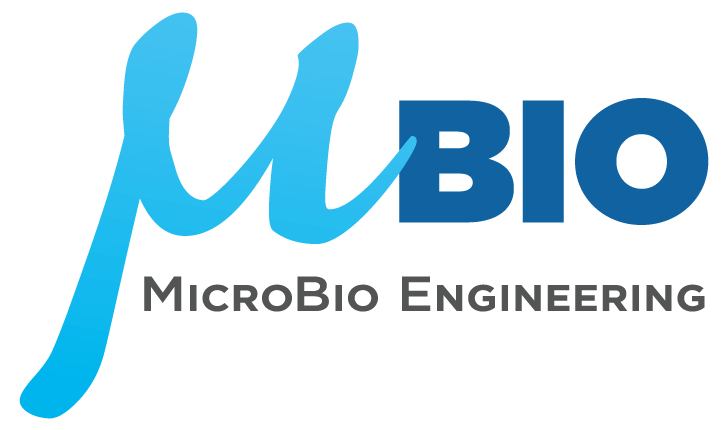Scientific Consulting

From Program Assistance to Experimental Design
We support clients at every stage of development—from long-term program planning and experimental design to data analysis and ongoing technical support. Advancing algae biotechnology in today’s landscape requires both rapid progress and the ability to build on established research.
Although algae can grow naturally in lakes, rivers, and oceans, that growth is typically slow and inefficient. In contrast, commercial production demands high areal productivity—measured in tons per hectare per year. For most applications, open raceway ponds remain the most practical and scalable cultivation platform.
However, success isn’t just about infrastructure. Effective cultivation systems depend on thoughtful development and continuous optimization. This requires a combination of site-specific and industry-focused R&D, including:
Cultivation Strategy & System Design
Optimize performance with practical, scalable approaches to algal growth
• Inoculation systems and methods
• Flow mode design (batch, continuous, semi-continuous)
• CO₂ or organic carbon delivery and dosing
• Custom nutrient and trace metal formulations
• Pest and pathogen detection and mitigation
• Harvest strategy and design

Maximizing Productivity
Boost yield with targeted cultivation and population strategies
• Emphasis on linear-phase productivity (vs. max growth rate)
• Monocultures, polycultures, and engineered consortia
• Non-GMO strain development for improved biomass productivity and rapid deployment
• Strategies to improve resistance to pests, predators, and pathogens
Targeting Desired Biochemical Profiles
Enhance product value through selective strain and process optimization
• Non-GMO strain selection and improvement for desired traits with immediate application
• Cultivation-based modulation of lipid, pigment, or protein profiles
• Bioprospecting for novel, high-performance strains

Lab Set-Up & Analytical Training
Build capacity with expert guidance, tools, and training
• Lab design and equipment recommendations
• On-site setup and support, provision of SOPs, QA/QC program, data analysis tools etc.
• Training in microscopy, water quality, with ISO and APHA water quality protocols
• Training in biomass composition analysis with ABO-endorsed analytical methods.
